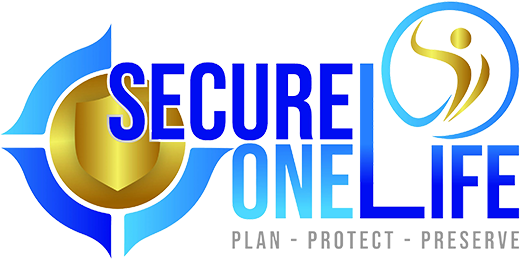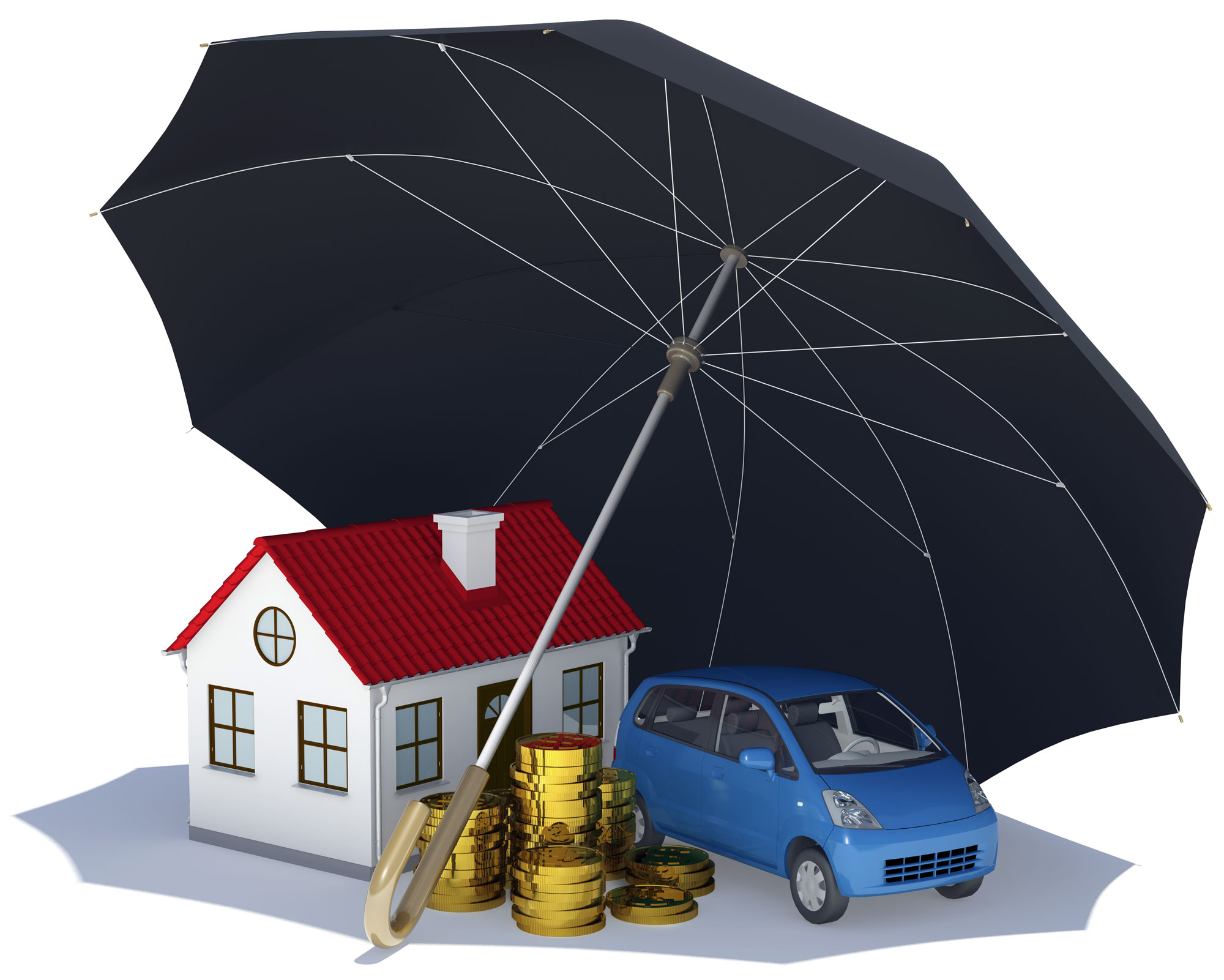SecureOne Life is a professional organization with licensed specialist dedicated to providing clients with the highest level of attention and support. Because we are independent, our priority is you, not the insurance company. We help families and businesses prepare, protect, and recover from life’s unexpected events.
As an independent insurance agency, we represent many different insurance companies which offer a wide variety of coverage options and price points. With our connections and knowledge of the market, we can often find a better value for your insurance dollar than you might find searching on your own. We do the shopping. You do the saving. In the end you get the right blend of price, coverage, and service.
We commit to listening to you and understanding your individual needs. We know it is not just about finding a price you can afford; it is also about making sure you are appropriately covered so you do not end up underinsured.








